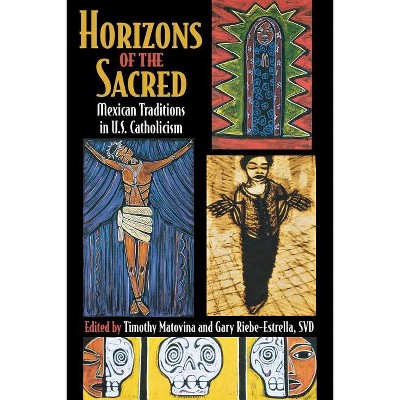Sponsored

Livy - by Gary B Miles
In Stock
Sponsored
About this item
Highlights
- Some critics of the Roman historian Livy (59 B.C.-A.D. 17) have dismissed his work as a compendium of stale narratives and conventional attitudes.
- About the Author: Gary B. Miles is Professor of History at Cowell College at the University of California, Santa Cruz.
- 264 Pages
- History, Ancient
Description
About the Book
Gary B. Miles reveals in Livy's history a creative interplay between traditional stories, contemporary ideological assumptions, and the historian's own perspective at the margins of Roman aristocracy.
Book Synopsis
Some critics of the Roman historian Livy (59 B.C.-A.D. 17) have dismissed his work as a compendium of stale narratives and conventional attitudes. Gary B. Miles reveals in Livy's history a creative interplay between traditional stories, contemporary ideological assumptions, and the historian's own perspective at the margins of Roman aristocracy. Drawing on a range of critical approaches, Miles considers Livy's stance as a historian, the ways in which he reworked his sources, and his interpretation of such historical phenomena as recurrence, continuity, and change. Miles focuses on the foundation stories with which Livy begins his account, detecting in Livy's rendition certain original conceptions of historical time including the suggestion that Roman identity and greatness might be preserved indefinitely through successive reenactments of a historical cycle. Miles pays particular attention to two stories--those of the abduction of the Sabine women and of Romulus and Remus, showing how Livy's versions of these traditional narratives--far from leading to a simplistic moral--address unresolved political issues of his day. According to Miles, Livy shows an unusually tenacious willingness to confront dilemmas in historiography and Roman ideology which were commonly ignored or suppressed by both his predecessors and his contemporaries.
From the Back Cover
Drawing on a range of critical approaches, Miles considers Livy's stance as a historian, the ways in which he reworked his sources, and his interpretation of such historical phenomena as recurrence, continuity, and change.Review Quotes
A brilliant and convincing analysis. This lucid study... takes its place beside other basic works.... Highly recommended.
-- "Choice"Miles's book is well informed by an excellent knowledge of Roman culture and literature for the period ca. 60-20 B.C.
-- "Bryn Mawr Classical Review"About the Author
Gary B. Miles is Professor of History at Cowell College at the University of California, Santa Cruz. He is also the author of Virgil's Georgics: A New Interpretation.











